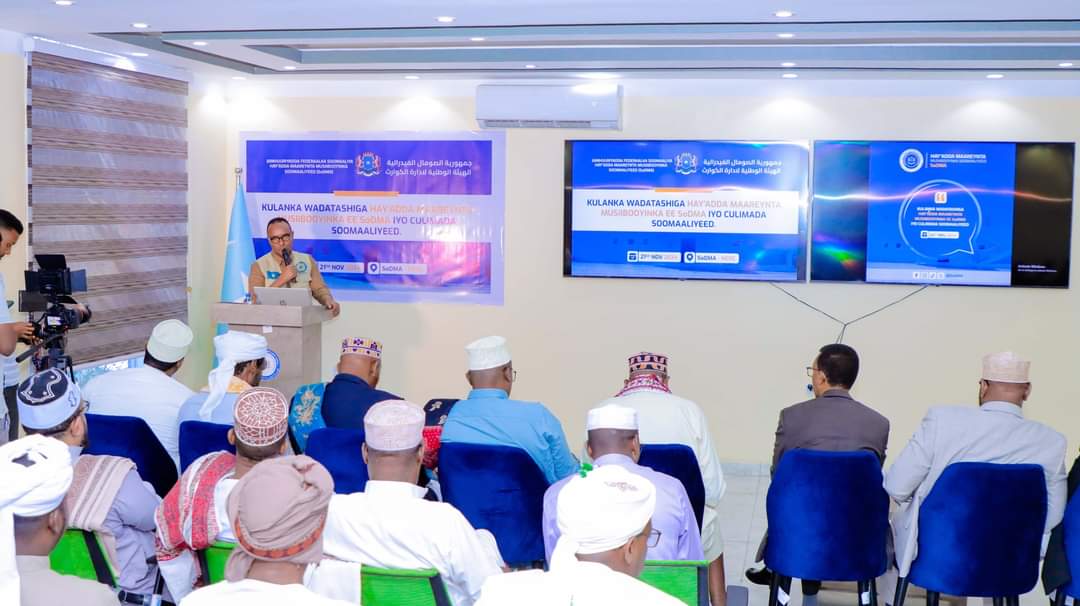Monrovia, Liberia — A day after senators signed a resolution supporting the establishment of a war and economic crimes court for Liberia, a renowned Liberian Lawyer, Cllr. Jonathan Massaquoi, says that while the document has good intent, it is not binding.
An astute Liberian lawyer, Cllr. Jonathan T. Massaquoi terms the resolution signed by the 55th Legislature to establish a war and economic crimes court for Liberia as a document of good intent but not a binding instrument for establishing said court.
Cllr. Massaquoi says the procedures for establishing such a court should come from President Joseph Boakai himself.
Speaking in an interview with journalists in Monrovia at the Liberian National Bar Association Assembly, he noted that Liberians should be aware that the actions of the House and the Senate are welcoming because they indicate an expression of intent, though they are not binding.
“The resolution being passed by the lower house and that expected from the Senate is in good faith. It’s just an expression of intent that we want the court, but it’s not binding thus. So, even if the upper house concurred, it’s still not binding until the President follows the laid-down procedure,” he notes.
Explaining the procedures for establishing the War and Economic Crimes Court, the Partner of the International Law Group (ILG) discloses that President Boakai will have to write a letter to the United Nations Secretary-General pointing out the country’s intention for the court and sign an Executive Order establishing the court’s office.
[bsa_pro_ad_space id=1]
“Here are the procedures for establishing the war and economic crimes court. President Joseph Nyuma Boakai needs to sign a letter to the Secretary General of the United Nations, António Guterres and also signed an Executive Order establishing the office to establish the court. This letter to the UN is an intent that they need the court”, Cllr. Massaquoi continues.
He says the Secretary General of the Security Council will then forward the instrument to the UN Security Council, which will pass a resolution, empowering him (António Guterres) to agree with the Government of Liberia.
He adds that once that agreement is signed by the United Nations Secretary-General and the President of Liberia, it will be forwarded to both houses (House of Representatives and Senate) for concurrence and ratification.
He implies that once the President signs that instrument and it is put into a handbill, the court is ready for operation.
The acclaimed international lawyer notes that this procedure was used in Sierra Leone, Rwanda, South Africa, and other countries around the world.
He points out that Liberia ratified the Geneva Convention of 1949, which defines war crimes and crimes against humanity, including several other international treaties and conventions.
According to him, the document names rape, child soldiers, extra judicial killings, murder, and mutilation, among others, as issues of war crimes.
Commenting on Nimba County Senator Prince Y. Johnson and several other warlords, who claim they were given amnesty,
Cllr. Massaquoi counters that no law or Act can grant amenity under the context of universal jurisdiction, and so, all those individuals who should be held responsible for the Liberian Civil War must be called to account for their actions.
He underscores that accountability and justice should be the hallmark in moving Liberia forward, adding that the country has the security capacity to establish the court based on a commitment from the Ambassador-at-Large of the United States for Global Criminal Justice, Ms. Beth Van Schaack, to the Liberian government. Editing by Jonathan Browne









